Wired for Success: Redefining Sports & Athletic Training
Athletes are constantly seeking innovative ways to enhance their performance and gain a competitive edge. One significant avenue for achieving this is through the development of electronics products tailored to the unique needs of athletes during training. This article delves into the pivotal role of responsive, miniature electronic devices in revolutionising sports training, offering athletes cutting-edge tools to elevate their performance.
The fast-paced nature of sports means that real-time data is crucial. Athletes and coaches alike benefit from instant insights into various performance metrics, enabling them to make informed decisions on the fly. Responsive devices, equipped with high-speed electronics and data processing capabilities, play an important role in monitoring key parameters such as heart rate or speed.
At ZT Prototypes, we’ve developed various sports devices which require real-time monitoring, not just in the form of wearable devices, but also points monitoring and scoring systems. We recently had the opportunity to work with SWYMLINE on an exciting new project - a wearable, Bluetooth motion tracker designed to help swimmers train from the comfort of their homes. Our role was to develop a proof-of-concept device that would demonstrate the functionality of the motion tracker and prove out the concept.
We started the prototyping stage by identifying potential processors, sensors and other chips for the electronics which met the requirements detailed in our specification and requirements lists. We considered factors such as power consumption, cost, and availability, as well as the specific technical specifications, such as the sensor’s sampling rate which correlates the resolution of the user’s in-game motion. For each of the potential major components we selected, we purchased off-the-shelf modules which allowed us to evaluate their suitability for the design, before creating a custom PCB for the initial proof of concept.
The product was integrated successfully into the entire videogame system and we’re proud to have received great feedback from SWYMLINE. The results were hugely valuable to the client as they were used to pursue full development of the product with confidence and open new partnership opportunities for them.
More recently, we’ve had the opportunity to develop a new scoring system for fecning, as well as a wearble device to provide real-time feedback to the fencers. Again, both of these systems required high-speed, responssive designs to provide the most seamless user experience.
Miniaturisation technologies have enabled the creation of these compact electronics, paving the way for sleek and lightweight sports devices. More examples include compact GPS trackers embedded in sportswear, discreet sensors, and micro-sized cameras for analyzing technique and form. These unobtrusive devices empower athletes to focus on their training without distractions, fostering a natural and immersive, but data-rich experience. Another emerging technology in the industry is smart textiles. These textiles incorporate sensors and actuators directly into the fabric, sometimes utilising conductive thread too, allowing for real-time monitoring of muscle activity, body temperature, and even hydration levels.
At ZT Prototypes, we’re proud to have successully delivered various projects in the sports sector which showcases our range of technical capabilities. We maintain a close relationship with all of our clients with the aim of developing products further and look forward to seeing the impact that they on the sports technology industry.


